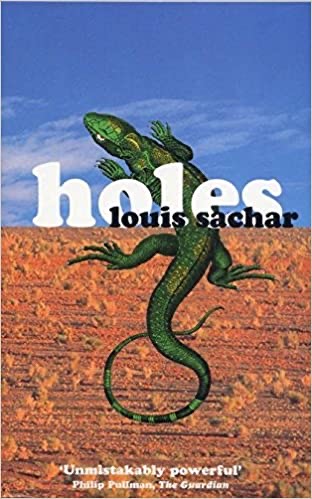Elm Class learning Tuesday 2nd June 2020
Spellings: Using the words you collected yesterday which started with the prefixes inter. super, anti and auto, can you practice spelling some of these, using the look, write cover, check strategy?
Arithmetic: This week, we will be looking at rounding. Remember with rounding, you look at the column to the right of the one you are rounding. If this is 5 or greater, you round the number up, if this is 0-4, the number will remain the same. If you need some extra help with this, the video attached will explain more.
Can you have a go at rounding these numbers?
1) 234,776 to the nearest 10
2) 342,221 to the nearest 100
3) 43,886 to the nearest 1000
4) 3.556 to the nearest tenth
5) 12.887 to the nearest whole number.
Grammar: This week we are going to focus on semi- colons. Semi-colons are used to separate two main clauses that are clearly related to each other but could stand on their own as sentences. They can be used to replace a conjunction, e.g.
I have a rugby match next week and I really hope we win.
I have a rugby match next week; I really hope we win.
Challenge 1:
Circle the conjunction in each sentence below.
1. I am starving so I can’t wait until dinner.
2. Sam was desperately tired and he wanted to go home to bed.
3. It was pouring outside so I needed to bring my umbrella to school today.
4. Fiona went to meet her friend at the airport because she hadn’t seen her for ages.
5. My team are at the top of the league so I expect we will win our match today.
Challenge 2: Choose two of the sentences above and rewrite them by replacing the conjunction with a semi-colon.
English: L.O. To predict the plot of the book from the cover and the blurb.
Today we are starting a brand new book for this half term! We are going to be reading the book ‘Holes’ by Louis Sachar! The whole PDF of the book, ready for when we start reading, will be available on the class webpage. We are going to be looking at the front cover and blurb of the book first before we start reading and make some predictions! Using the front cover, can you answer these questions? You can discuss them first and then have a go at answering these in your home learning book.
What does this cover suggest that the book is about?
Where do you think it is set? Why?
What does the title tell us? Who do you think the main character is?
Now read the blurb, can you answer the following questions?
Stanley Yelnats’ family has a history of bad luck, so he isn’t too surprised when a miscarriage of justice sends him to a boys’ juvenile detention centre. At Camp Green Lake the boys must dig a hole a day, five feet deep, five feet across, in the dried up lake bed. The Warden claims the labour is character building, but it is a lie. Stanley must dig up the truth.
What is a ‘miscarriage of justice’? What does it tell us about Stanley?
What does the name ‘Camp Green Lake’ suggest about the detention centre?
If someone told you, you were visiting ‘Camp Green Lake’ what would you picture?
Why do you think the Warden makes the boys dig a big hole every day?
What could the lie be? What could the truth be?
Now, make some predictions. What do you think will happen in the book? Can you back up your points using what you know from the blurb/ cover?
Maths: Can you choose another activity today from the list of activities attached on measurement? Could you practice your accurate measuring today or your estimation skills? The full list of activities and printable resources are on the class webpage of the website.
Topic: For today and tomorrow, we will be looking at the digestive system and a balanced diet. Can you try one of these activities today and another tomorrow to understand more about our digestive system and what it means to eat a balanced diet?
Suggested ideas (You are more than welcome to research and present your ideas and findings in your own way!)
• Research the purpose and structure of the digestive system.
• Design a balanced diet for a child and an adult. You could even consider what a balanced diet would be for different types of people- would a runner need a different diet to a writer?
• How can we help our digestive system and keep it healthy?
• Draw the digestive system and label it scientifically.
• Look at how diets have changed through time. Why do you think this is?
• How are foods grouped and why are they grouped in this way? Research this and make a poster about them.
Thank you for all of your hard work,
Miss Coates.




